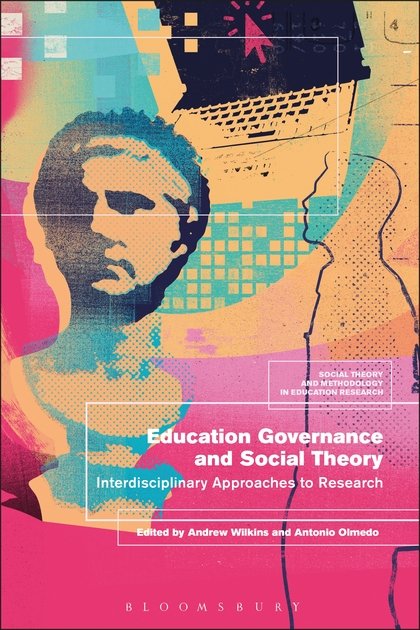 This is the title of a book chapter in the following book:
This is the title of a book chapter in the following book:
Education Governance and Social Theory: Interdisciplinary Approaches to Research (edited by Andrew Wilkins and Antonio Olmedo). Below is the abstract – please ask your library to stock a print or e-copy:
The bureaucracy surrounding accountability has altered the landscape of educational governance since its development in the last several decades. In particular, the implementation of quality assurance mechanisms – audit, inspection, performance indicators, evaluation – has opened up the education sector to ever greater scrutiny. The education profession is under increasing pressure to evidence accountability to the public and the public purse, with the mechanisms of this bureaucracy designed to increase formal levels of accountability to the state while also making education more accountable to the public via marketisation and the development of a consumer culture.
This trend towards ever increasing accountability is part of a broader agenda of regulation in relation to public sector reform initiatives. But like all reform initiatives, this level of educational surveillance has itself been subject to scrutiny from researchers, who aim to detail the consequences of such accountability-led reform. The evidence from a range of studies indicates that accountability can be a ‘double-edged sword’ with a number of unintended consequences arising from the reforms, including risk avoidance. A strong influence on this critique is the social theory of Jürgen Habermas, specifically his Max Weber-inspired critique of lifeworld colonisation. Using case studies from the research literature, the current chapter will examine this theory-driven approach to educational accountability, in particular exploring the ways in which Habermas’ post-positivist ‘critical sociology’ has influenced the debate over educational accountability. The chapter will also cast a critical eye over the ways in which his classic system/lifeworld distinction has been used to bridge the gap between social theory and research methodology.










